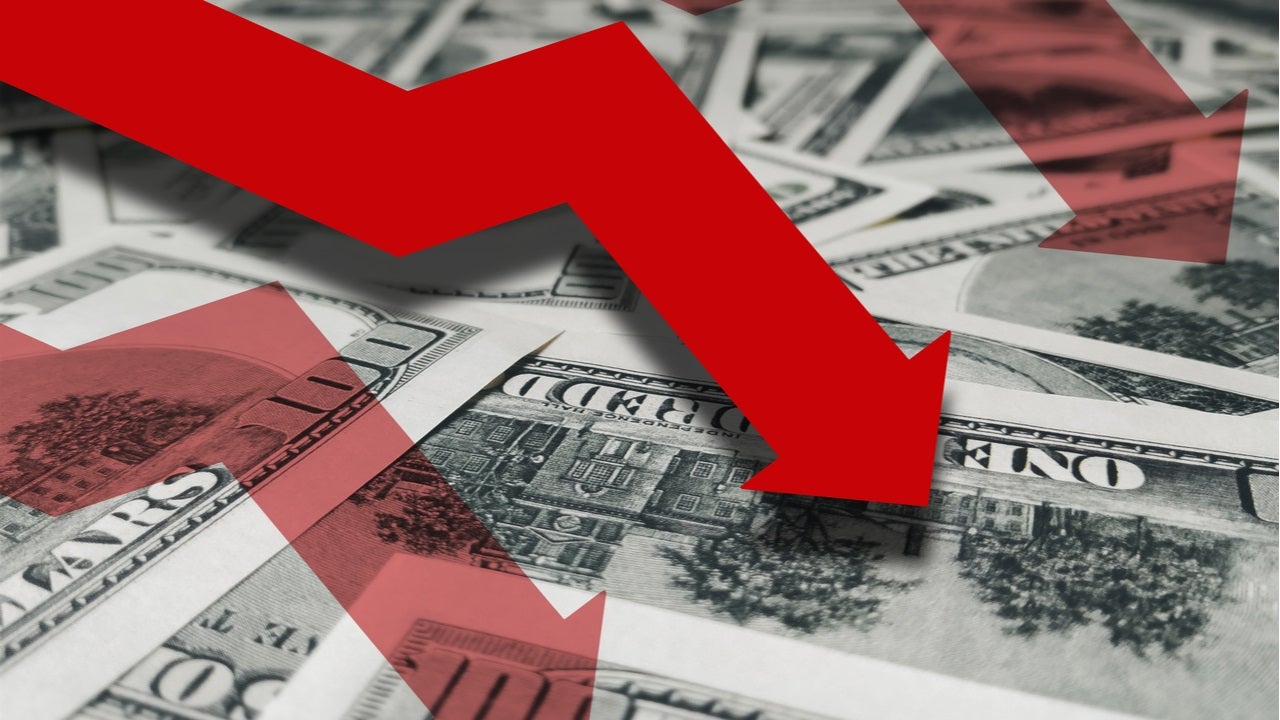
Stagnating growth in the Eurozone is being tackled by monetary support to help protect jobs. Macroeconomic influencers share their views on the Covid-19 impact.
Francesco Saraceno
Francesco Saraceno, Italian economist, shared an article on European Central Bank (ECB) President Christine Lagarde’s plans to retain monetary support until the crisis created by the Covid-19 pandemic is over. She noted that the policies adopted in the euro area have helped in protecting jobs and increasing productivity.

Discover B2B Marketing That Performs
Combine business intelligence and editorial excellence to reach engaged professionals across 36 leading media platforms.
The support measures should be continued to ensure recovery as new infections are forcing governments to impose restrictions, the article noted. Germany is the only country in the euro area to have reported a growth although a drop in industrial production was noted last month.
Growth in France is also forecast to stagnate over the last quarter of the year, while other European countries in the south are facing tough conditions as the hospitality and tourism industry is impacted.
ECB President Christine Lagarde pledges not to remove monetary support until the coronavirus crisis is over https://t.co/Rj78dK70Uq via @markets
— Francesco Saraceno (@fsaraceno) October 7, 2020
 GlobalData Strategic Intelligence
GlobalData Strategic IntelligenceUS Tariffs are shifting - will you react or anticipate?
Don’t let policy changes catch you off guard. Stay proactive with real-time data and expert analysis.
By GlobalData
John Ashcroft
John Ashcroft, economist, shared an article on how the recovery achieved in the US economy in the last quarter is on the verge of collapsing due to US President Donald Trump’s decision to end stimulus talks. Without financial aid, 26 million people who are currently receiving unemployment payments will not be able to access basic necessities.
The unemployment payments have already declined by $900 per week to $300 per week, which is not sufficient to pay rent and purchase food. Lack of spending minimises the circulation of money within the economy thereby hurting recovery, the article noted.
Several companies have already announced plans for massive layoffs with 75,000 announced in the last week alone and further layoffs expected without financial aid. Further, the National Restaurant Association has warned that 40% of restaurants are at risk of closing over the next few months.
Trump just crushed stimulus talks, endangering the U.S. economy and 26 million on unemployment … @washingtonpost https://t.co/YPlDfkvS02
— John Ashcroft (@jkaonline) October 7, 2020
Jim Tankersley
Jim Tankersley, Tax and economics reporter at The New York Times, shared an article on digital services taxes. Finance ministers and other experts from the G20 have cautioned that a failure to reach a consensus on digital taxes between the US and European Union by the end of the year could pose a threat to the global economy.
A deal on digital services taxes will set the standard for how and where online activity is taxed. If a deal is not closed, European countries will impose taxes that may attract retaliatory tariffs from the US. Trade tensions may follow and impact the global economic growth, the article noted.
The US is not in favour of the deal as it may impact other sectors apart from technology. A report from the Organisation for Economic Co-operation and Development has revealed that international tax changes may increase global corporate taxes by approximately $100bn.
There is still no agreement on the US "safe harbor" approach to digital taxes (a big deal pre-pandemic), Muzinich says. https://t.co/h3FL3gRUFg
— Alan Rappeport (@arappeport) October 7, 2020
Aleksandr V. Gevorkyan
Aleksandr V. Gevorkyan, economics professor at The Peter J. Tobin College of Business, shared a report on global capital flows released by the global association of the financial industry (IIF). The report forecasts a deep economic recession in 2020 with global GDP falling by 4.1% and recovering in 2021 to 5.8%.
Capital flows in emerging economies and China is expected to be $528bn in 2020 and $664bn in 2021. Further, recovery in emerging economies across the world is expected to be asymmetric. Emerging economies in Asia and Middle East region are expected to recover faster than those in Latin America, the report added.
We released our @IIF Capital Flows Report. We forecast a deep recession this year, with global GDP falling 4.1%, and a recovery of 5.8% for 2021. We expect EM x China non-res Cap Flows to be $528bn in 2020 and $664bn in 2021. An anemic recovery with large regional differences pic.twitter.com/1NDZ2GT8Xy
— Jonathan Fortun (@econchart) October 7, 2020
James Picerno
James Picerno, editor at US Business Cycle Risk Report, shared an article on the outlook for the US economy in the fourth quarter of 2020. The article noted that consumer spending was a key factor in reviving the economy in the third quarter. With stimulus talks stalled, the outlook for Q4 looks bleak.
The upcoming flu season and election could deteriorate the health situation in the absence of additional aid. The lack of support to businesses and local governments will cause GDP to decline by 1.5% in Q4, the article added.
https://twitter.com/jpicerno/status/1313805706961838080



